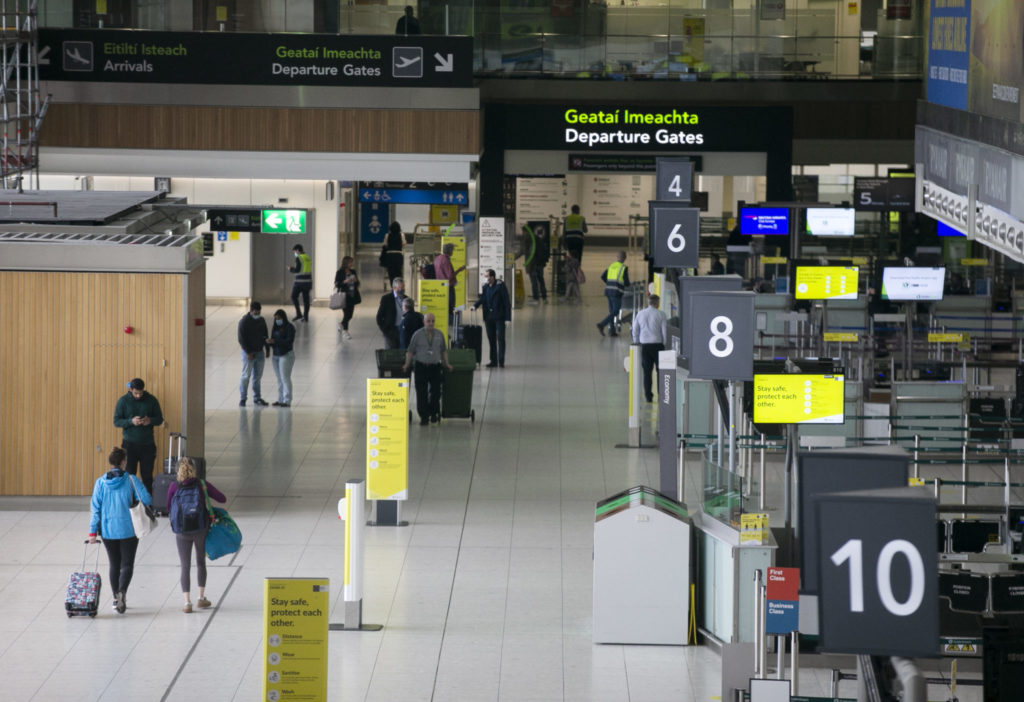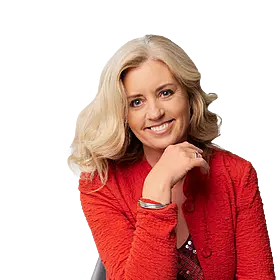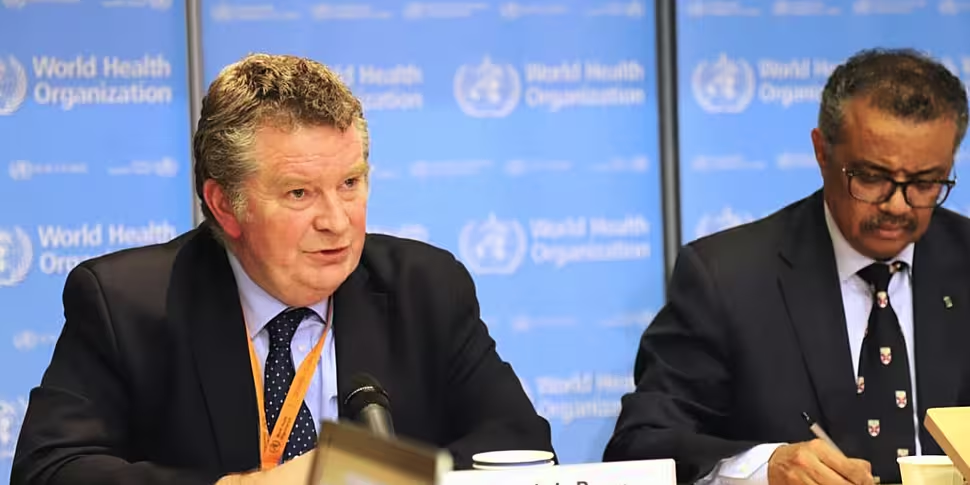An executive director of the World Health Organisation (WHO) says there has to be consistent, clear messaging from governments on COVID-19.
Dr Michael Ryan is executive director for the WHO's Health Emergencies Programme.
He told Pat Kenny: "What we need to have globally and nationally is consistent, clear messaging.
"There's nothing worse for communities if they see that authorities - be at local, national, global level - if there's a lack of cohesion, if there's a lack of coordination, if there's a sense that there's a huge difference of opinion about what to do and how to do it that creates uncertainty and that uncertainty leads to fear.
"So it's really important that there is cohesion and solidarity - it's not just an operational concept, it really is a concept of giving reassurance to the people we serve that we've got this".
On the prospects of a vaccine, he said: "I've been saying this for a good while now: we have to learn to live with this virus until we find a solution that will likely lie in vaccination.
"But even with vaccines, they're not necessarily perfectly effective.
"And it may take time, even with a vaccine, to return to what we consider to be a previous 'normal'.
"That is going to require, and I know it's frustrating for everyone... but I think we can return to what represents a large proportion of that life, as long as we are able to manage our risks and reduce our risk of being exposed to the virus then I think we can learn to live with the virus".
He added: "The vaccine trials are encouraging, we have to wait for the phase three studies and then we have to produce enough vaccine and make sure that everyone gets it.
"Vaccination has been the single most effective public health intervention in the last hundred years.
"We have four candidates now going into phase three trials, which is fantastic.
"And I believe with the right push and with the right solidarity, and if countries come together and we do this together, we can ensure that everyone on this planet that needs a vaccine can get one".
 02/07/2020. Covid-19 Pandemic (Coronavirus), Ireland, Lockdown Day 98 Day 04 of Phase three . Pictured Passengers at a near Empty Dublin Airport this morning as it opens again for travel with mixed advice whether to do so or not. Photo: Sam Boal/Rollingnews.ie
02/07/2020. Covid-19 Pandemic (Coronavirus), Ireland, Lockdown Day 98 Day 04 of Phase three . Pictured Passengers at a near Empty Dublin Airport this morning as it opens again for travel with mixed advice whether to do so or not. Photo: Sam Boal/Rollingnews.ieMeanwhile Dr Ryan said the re-opening of air travel has to be part of an economic balance, especially for countries like Ireland.
"We all have to strike this balance between what is the health of our communities and the economy - around the world and within Ireland.
"Ireland is an island nation connected to the world.
"So there is going to be an understandable pressure to re-open international travel, it's important for the economy.
"But it is a risk, it's a measurable risk that can be managed.
"There is no question that when international travel opens up, people unsuspectingly may come into the country with disease.
"And the real trick is how do we react that? How quickly can we pick up imported cases and prevent community transmission?
"We cannot reduce the risks to zero, that is almost an impossible dream, but what we can is manage those risks.
"And it really is about how agile the system is at both reducing the risks of importation, but also managing those risks when they occur."
Asked how the US withdrawal from the WHO will affect the organisation, he said: "They haven't withdrawn yet, that will be next year, but certainly the prospect of losing up to 20% of our funding is not a good prospect.
"But many other donors are stepping in to fill those potential gaps.
"I'm less concerned for our core budgets - the US represents a smaller proportion of our core budgets.
"Where I am concerned in my own programme, I have the emergencies programme, and nearly one-quarter of all of funding that's at the field end of - our work in Yemen, our work in Iraq - about 25% of that funding is coming from US sources.
"That's going to really affect our capacity to deliver frontline services".
Meanwhile, the WHO is tracking dozens of other global emergencies.
Dr Ryan explained: "I think we have 33 different events around the world that are not COVID that are at Level 3 response for us at the moment.
"So we're constantly tracking different disease in many, many many different countries.
"It's difficult for the ordinary person on the street, because the news cycle moves so quickly now.
"All new scientific information is published immediately and then it gets on the newswires and it's almost as if we have an infodemic, a kind of tsunami of information, and it's very difficult for people to pick apart what's significant or what's not.
"Science doesn't work like that, science requires different opinions, different views, different studies to be brought together [and] synthesised into what they mean: what is the meaning of all the research that has been done in the last month or two months, and does that affect the way we fight the virus".









